Our Training
We provide you with training solutions and services that allow you Save Cost by helping you build a Cost-effective structure, Reduce Complexity by adopting an approach for simplified management and automated operations; and enable you to Grow Efficiently by protecting your equipment, business data and applications related to your day-to-day activities.
Our instructors (local and international) are quite versatile in EC Council's Cybersecurity and how it can be effectively put to use especially for the peculiarities of the African community and as such you are getting High Value for less!
With cyber-attacks becoming more oriented towards data theft, it is vital for both businesses and individuals to take extra precautionary methods when it comes to data protection and that protection is what we offer you & your staff, which will translate to huge cost savings for your business.
Our Courses
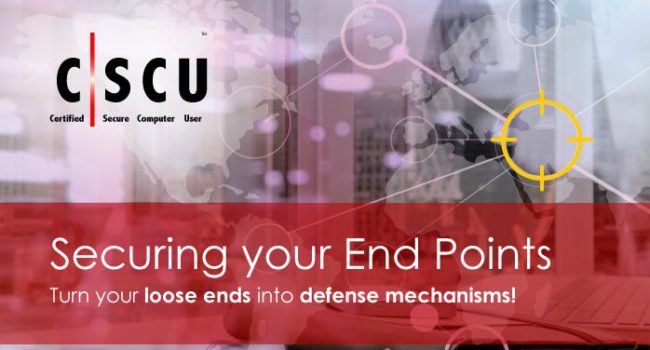
Certified Secure Computer User (CSCU)
The purpose of the CSCU training program is to provide individuals with the necessary knowledge and skills to protect their information assets.

CERTIFIED ETHICAL HACKER (Practical) - CEH Practical Exam E/V
CEH Practical is a six-hour, rigorous exam that requires you to demonstrate the application of ethical hacking techniques such as threat vector identification, network scanning, OS detection, vulnerability analysis, system hacking, web app hacking, etc. to solve a security audit challenge.

EC-COUNCIL CERTIFIED SECURITY ANALYST (Practical) - ECSA (Practical)
ECSA (Practical) is a 12-hour, rigorous practical exam built to test your penetration testing skills, demonstrate the application of the penetration testing methodology that is presented in the ECSA program, and are required to perform a comprehensive security audit of an organization, just like in the real world.
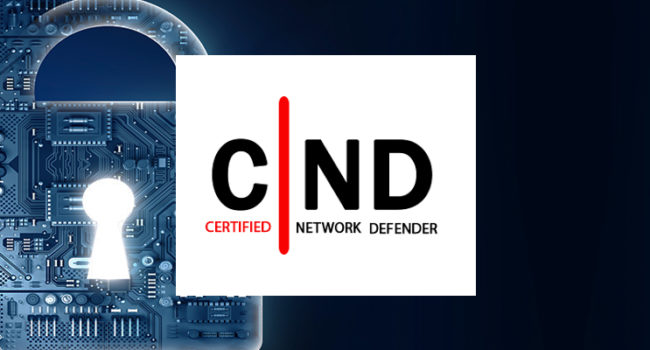
Certified Network Defender Certification (C|ND)
The Certified Network Defender (CND) certification program focuses on creating Network Administrators who are trained on protecting, detecting and responding to the threats on the network.
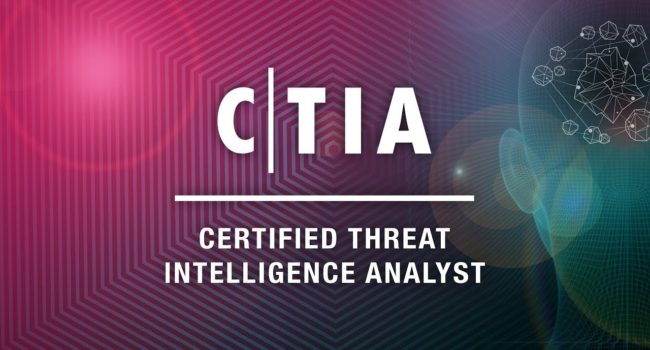
Certified Threat intelligence Analyst (C|TIA)
This is designed and developed in collaboration with cybersecurity and threat intelligence experts across the globe to help organizations identify and mitigate business risks

Certified Security Analyst (E|CSA): Penetration Testing
Provide you with a real-world hands-on penetration testing experience and is a globally accepted hacking and penetration testing.
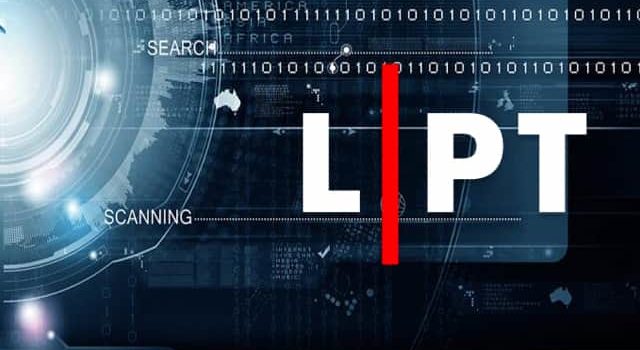
Licensed Penetration tester (MASTER) Certification (LPT)
Learn professional security and penetration testing skills. The course is designed to show advanced concepts like scanning against defenses, pivoting between networks, deploying proxy chains, and using web shells.
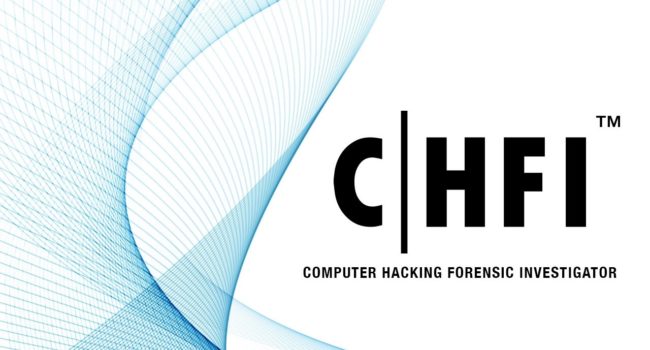
Computer Hacking Forensic Investigator Certification (CHFIC)
Computer hacking forensic investigation is the process of detecting hacking attacks and properly extracting evidence to report the crime and conduct audits to prevent future attacks.
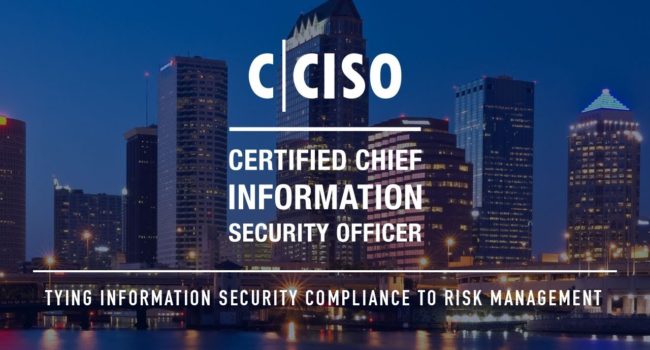
Certified Chief information Security Officer (C|CISO)
The C|CISO Certification is an industry-leading program that recognizes the real-world experience necessary to succeed at the highest executive levels of information security.

Certified Encryption Specialist (CES)
The participants will learn the foundations of modern symmetric and key cryptography including the details of algorithms such as Feistel Networks, DES, and AES.

Advanced Network Defense (CAST 614)
Cover fundamental areas of fortifying your defenses by discovering methods of developing a secure baseline and how to harden your enterprise architecture from the most advanced attacks.
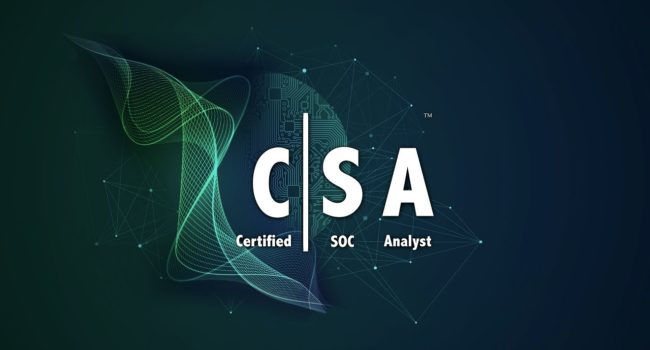
Certified SOC Analyst (CSA)
CSA is a training and credentialing program that helps the candidate acquire trending and in-demand technical skills through instruction by some of the most experienced trainers in the industry.
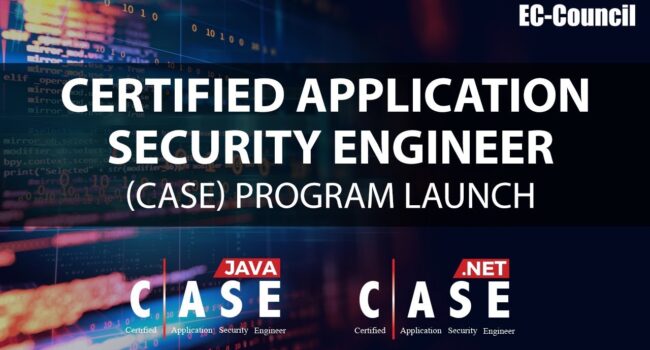
CERTIFIED APPLICATION SECURITY ENGINEER (.Net / JAVA)
The CASE credential tests the critical security skills and knowledge required throughout a typical Software Development Life Cycle (SDLC), focusing on the importance of the implementation of secure methodologies and practices in today’s insecure operating environment.

DISASTER RECOVERY - EDRP
EDRP provides the professionals with a strong understanding of business continuity and disaster recovery principles, including conducting business impact analysis, assessing of risks, developing policies and procedures, and implementing a plan.
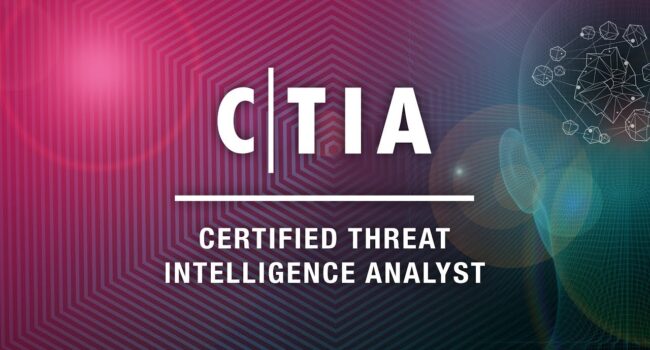
CERTIFIED THREAT INTELLIGENCE ANALYST (CTIA)
Certified Threat Intelligence Analyst (CTIA) is designed and developed in collaboration with cybersecurity and threat intelligence experts across the globe to help organizations identify and mitigate business risks by converting unknown internal and external threats into known threats.

FUNDAMENTALS OF INFORMATION SECURITY (FD IS)
The three fundamental principles of security are availability, integrity, and confidentiality and are commonly referred to as CIA or AIC triad which also form the main objective of any security program.

FUNDAMENTALS OF COMPUTER FORENSICS (FD CF)
Computer Forensics Fundamentals (CFF) is an entry-level security program covering the fundamental concepts of information security, where students can build skills to identify information security threats which reflect on the security posture of the organization and implement general security controls.

FUNDAMENTALS OF NETWORK SECURITY (FD NS)
Network Security Fundamentals (NSF) is an entry-level security program covering the fundamental concepts of network security and enables students with the skills to identify information security threats which reflect on the security posture of the organization and implement general security controls.

EC-COUNCIL SECURITY SPECIALIST (ECSS)
Allows students to enhance their skills in three (3) different areas namely - Information Security, Network Security, and Computer Forensics. Information security plays a vital role in most organizations.

